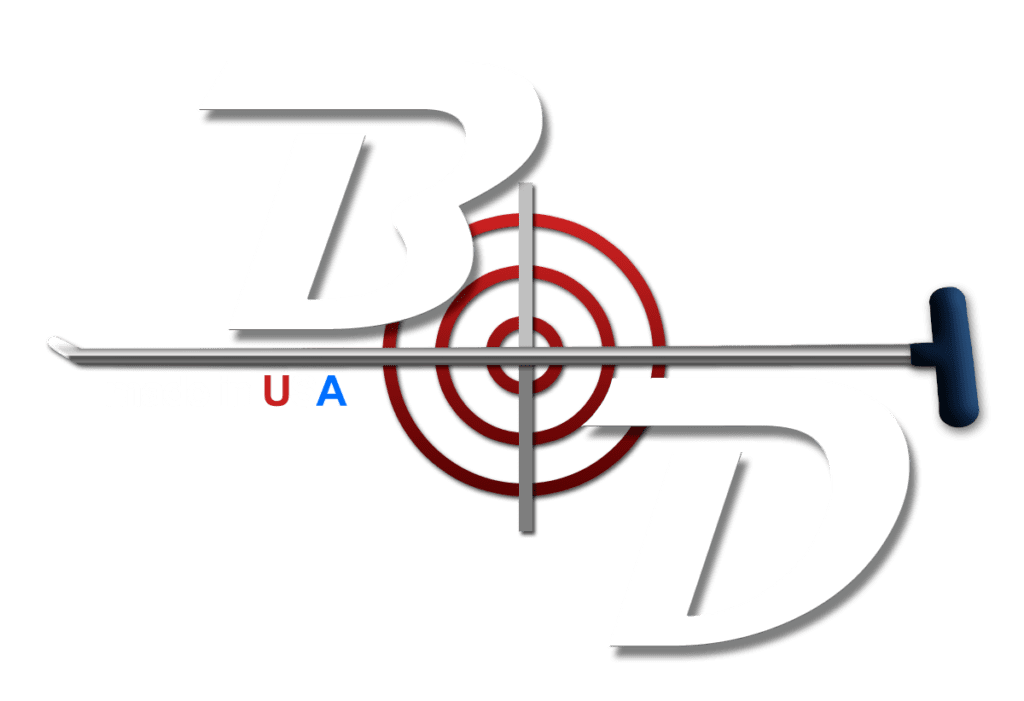CNN: Five Things Never To Do To Your Car
CNN: Five Things Never To Do To Your Car is a need to read of warnings that if not known can have consequences.
These include:
- Sunny day car wash
- Pressure washing a modern car’s engine
- Overloading the alternator/charging system
- “Universal fit” wheels
- Tow an automatic-equipped car with drive wheels down
So lets go through CNN’s advice with a B&D lens.
Don’t Wash Your Car On A Sunny Day
You might wonder how this isn’t a good idea. Get ready for an eye opener.
“Dousing your car with water in bright sunlight can be ruinously bad for its finish. First, the sun heats up the metal to the point it’s scalding hot to the touch. Then, you add some nice tepid tap water — which is immediately boiled off the finish, along with caustic soap and whatever grime you didn’t clear off — while any remaining rivulets of moisture act like a magnifying glass, amping-up the power of the sun’s murderous rays. The end result is not pretty — and cosmetics aside, you’ve cut into the resale/trade-in value of your vehicle by flailing its finish.”
Direct sunlight isn’t a good idea. It’s best to wash your car during a cloudy day or when you know it will be able to dry off in the shade. Surprisingly enough people tend to wash their cars on hot sunny days instead of the recommended cloudy day. This is a positive for you because you’ll have little to know wait, whether you hand wash or go through your local car wash.
Don’t Pressure Wash Your Car’s Engine
If you have a modern car’s engine then there is no need to get it pressure washed. You may be surprised to find out that it can do more damage than help.
“A grimy engine that runs properly is much better than a clean engine that won’t — which is what you risk if you force jets of water past rubber seals and into the sensitive electronics that are fitted to all modern, computer-controlled engines. There’s a reason for the hood (and all those protective coverings). They’re there to prevent moisture and contaminants from wreaking havoc with the sensors, wiring harnesses, sending units and other components that like to be sprayed with water about as much as your typical house cat. Excess moisture can short-out electrical parts, cause intermittent malfunctions (including stalling for no reason, hard-starting, rough-running) and make dashboard “check engine” light flash (or stay on) for no apparent reason.
It’s OK to degrease your engine with a garden hose if you like to keep it clean; just don’t use high-pressure sprayers like you find in self-serve car washes as they can force water past rubber seals and weather stripping into places it isn’t supposed to go.”
Engine rebulids and repairs can cost thousands quickly. Don’t make this costly mistake. Save the earths water and your wallet by not pressure washing your car’s engine.
Don’t Overload The Alternator/Charging System
“Aesthetics aside, a common problem with installing this kind of gear is overtaxing the factory-installed alternator and charging system, which may not be able to handle the additional demand. What typically happens is the overtaxed alternator fails to keep the battery charged — so it rapidly drains and the car can’t be started one morning. Frequent replacement of the battery becomes necessary — but that only crutches the problem.
The alternator itself eventually fails prematurely due to the excess loads — an expensive part to burn up for no good reason. And sometimes, the car doesn’t run right — or won’t run at all — because there is insufficient voltage to operate the electric fuel pump, fuel injection system and other components because of the excess “draw” of aftermarket audio gear. Those planning on putting in a monster stereo (or any high-load aftermarket electronics) should check whether they ought to also install a high-output alternator that’s equal to the job. It beats having to buy a new battery every month.”
Don’t Purchase Universal Fit Wheels
It can be tiring to go in after a flat to find out your vehicles wheel isn’t available. Waiting a few days can add up due to alternate transportation, shipping fees, vehicle holding, etc. Thus the creation of the “universal fit” wheels was presented to the motor vehicle world. Even though they are designed to fit multiple vehicles they actually can be extremely dangerous.
“Automotive wheels are not like generic aspirin; they’re very specific to the application — and it’s critical that such things as backspacing and bolt pattern be correct for your particular vehicle. Shims of any kind are an extreme no-no. And don’t try and fit metric rims on a car designed for no-metric — and vice-versa. Before you buy any non-factory wheel for your vehicle, consult the manufacturer to make sure it was designed to fit. Use the correct lug nuts, too. (It’s often the case that you must swap them along with the wheels for the changeover to be safe.)”
Don’t Tow Your Automatic-Equipped Car With Drive Wheels Down
We can’t stress this enough, do not tow your automatic equipped car with the drive wheels down. This will result in you reducing its lifespan or destroy your automatic transmission.
“An automatic transmission uses hydraulic fluid under high pressure to transfer the engine’s power to the road. The hydraulic fluid also lubricates the transmission’s internal parts — but only when the transmission’s torque converter is being turned by the running engine. When the engine’s not running — as when the vehicle is being towed — the torque converter isn’t pumping pressurized fluid through the transmission, so there’s no lubrication. But if the drive wheels are down and turning, the transmission is being “run” — without proper lubrication.
It’s like running the engine without an oil pump, and the results can be just as ugly. If you are about to tow your automatic-equipped car or truck, insist on a rollback tow-truck. Instead of dragging the vehicle, the entire car is winched aboard the rollback, tightly secured and carted off. More and more towing companies are using rollbacks rather than old-style tow trucks because they’re safer — and limit the potential for damage to the towed vehicle.”


